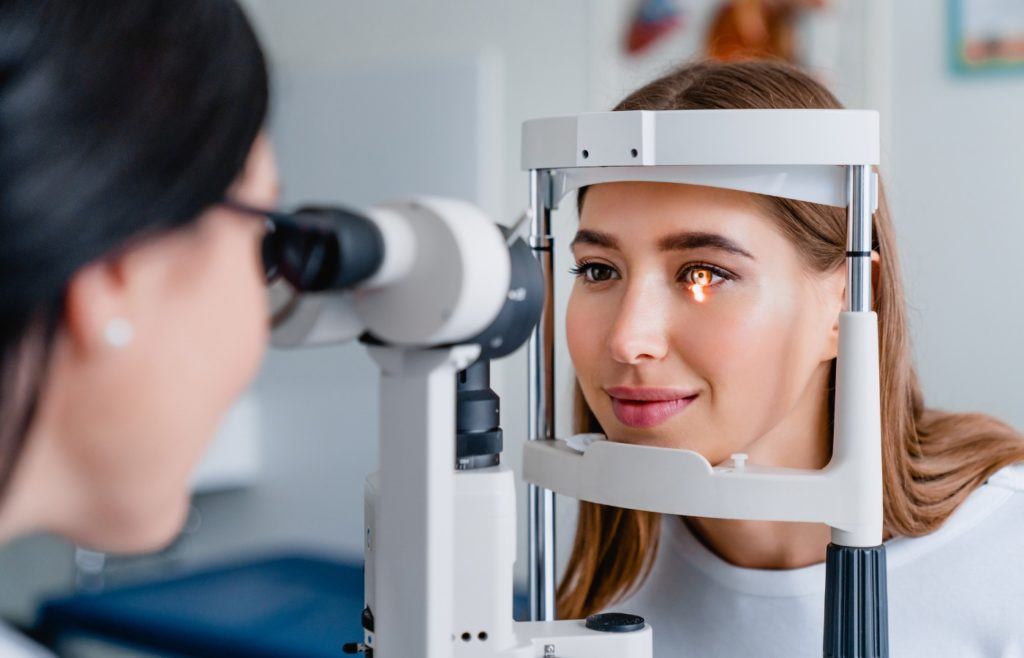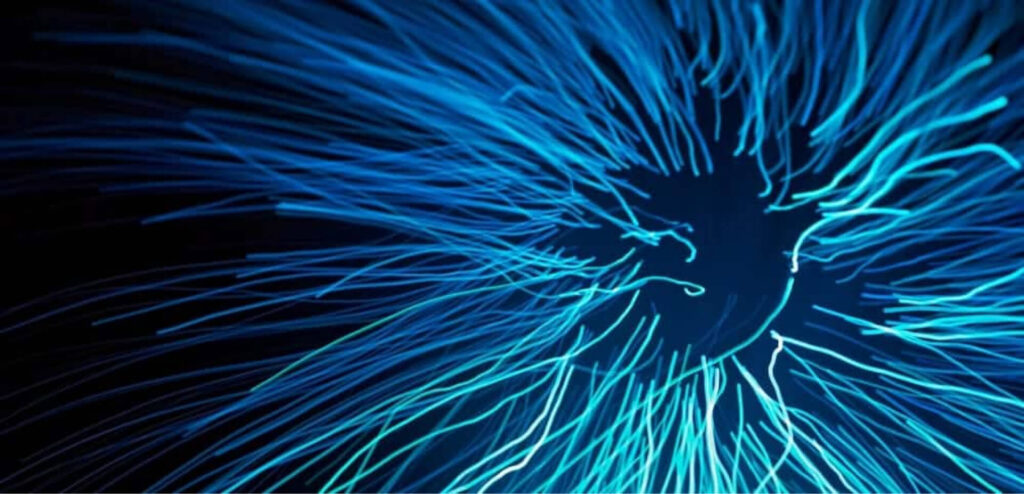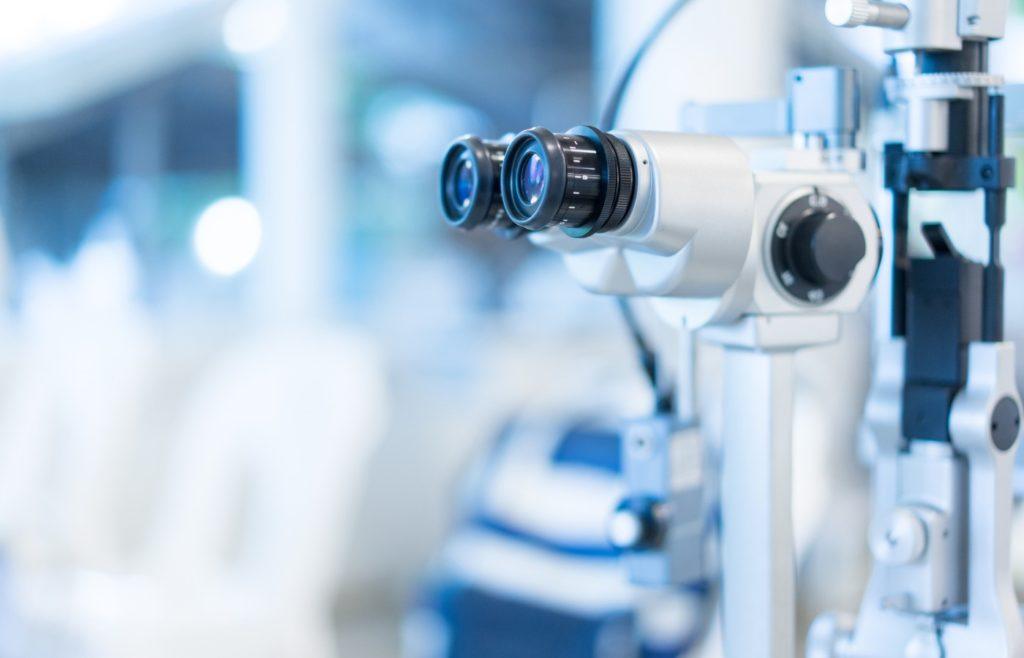
Neuro-Ophthalmology
What is Neuro-ophthalmology?
Neuro-ophthalmology is a branch of medicine concerned with visual problems related to diseases of the brain rather than diseases of the eyes themselves. With training in both neurology and neuro-ophthalmology, neuro-ophthalmologists have a unique ability to evaluate patients from both standpoints.
What is Neuro-ophthalmology used for?
While the eyes are responsible for collecting visual information, it’s the brain that makes sense of the images. Carrying the messages from the eyes to the brain are the optic nerves, each consisting of more than 1 million nerve fibers. With this complex process comes the potential for a variety of vision problems.

A neuro-ophthalmology exam can help diagnose causes of the following visual symptoms:
- Abnormal eye movements, such as shaking movements (nystagmus)
- Double vision (diplopia)
- Eyelid abnormalities, such as a drooping eyelid (ptosis)
- Forced eye closure (blepharospasm)
- Unequal pupil size (anisocoria)
- Vision loss
- Visual disturbances, such as flashes of light (photopsia)

Neurological conditions that can cause visual symptoms include:
- Brain tumors
- Intracranial hypertension
- Multiple sclerosis
- Myasthenia gravis
- Parkinson’s disease
- Pituitary disorders
- Stroke

Neuro-ophthalmologists are also experienced in disorders of the optic nerves, also known as the second cranial nerves, which can be related to neurological disorders or confined to the optic nerves themselves. Optic nerve disorders seen by neuro-ophthalmologists include:
- Hereditary optic neuropathies
- Nutritional optic neuropathy
- Ischemic optic neuropathy
- Optic neuritis
- Papilledema
- Toxic optic neuropathy
- Traumatic optic neuropathy
Am I a good candidate for Neuro-ophthalmology?
You may be a good candidate for a neuro-ophthalmology exam if you have any of the visual symptoms above and have already seen a neurologist and/or ophthalmologist without a definitive diagnosis. A neurologist or ophthalmologist may refer you to a neuro-ophthalmologist for further evaluation or to discuss possible treatment strategies. Seeing a neuro-ophthalmologist may avoid costly diagnostic testing.



